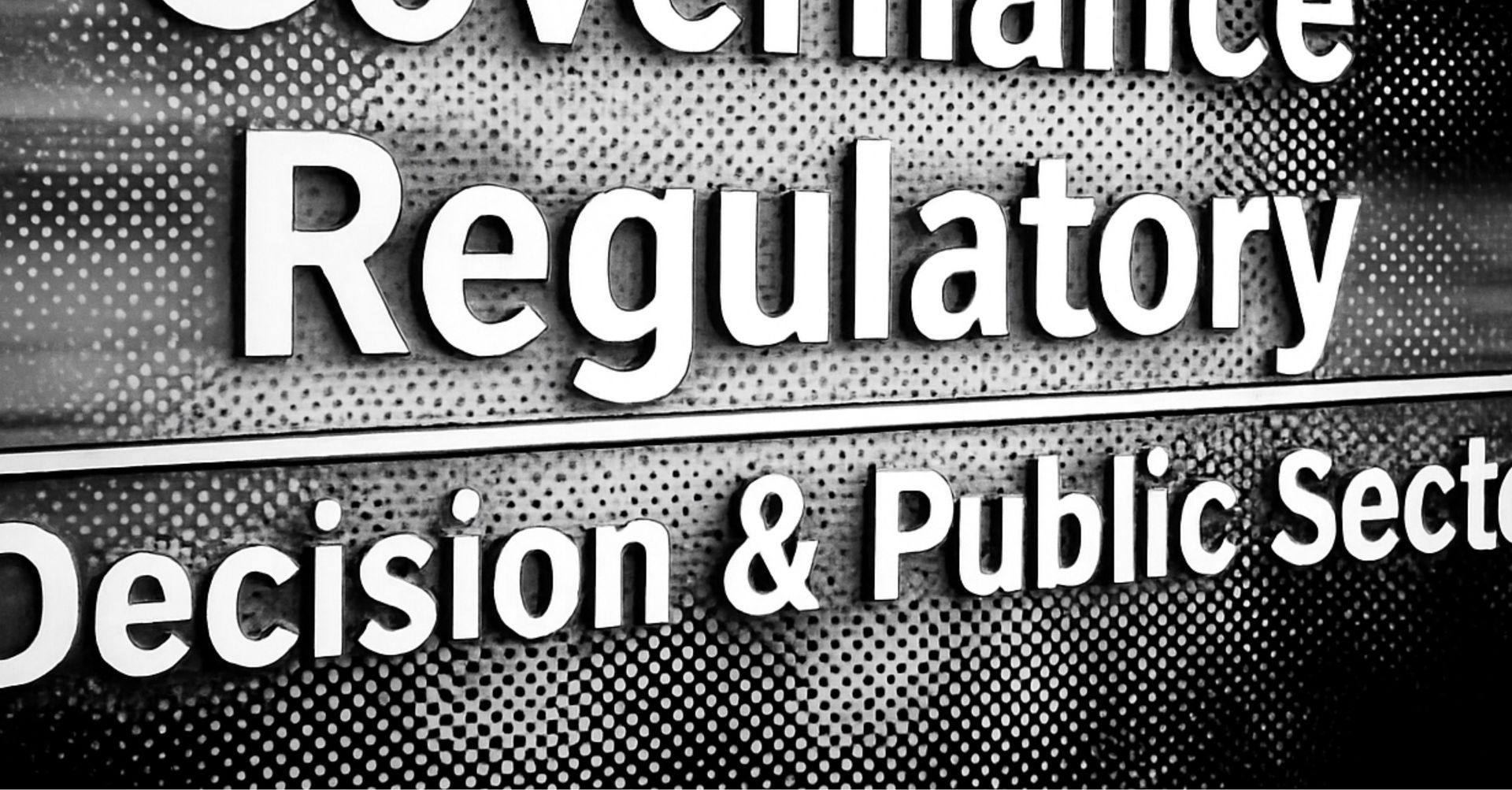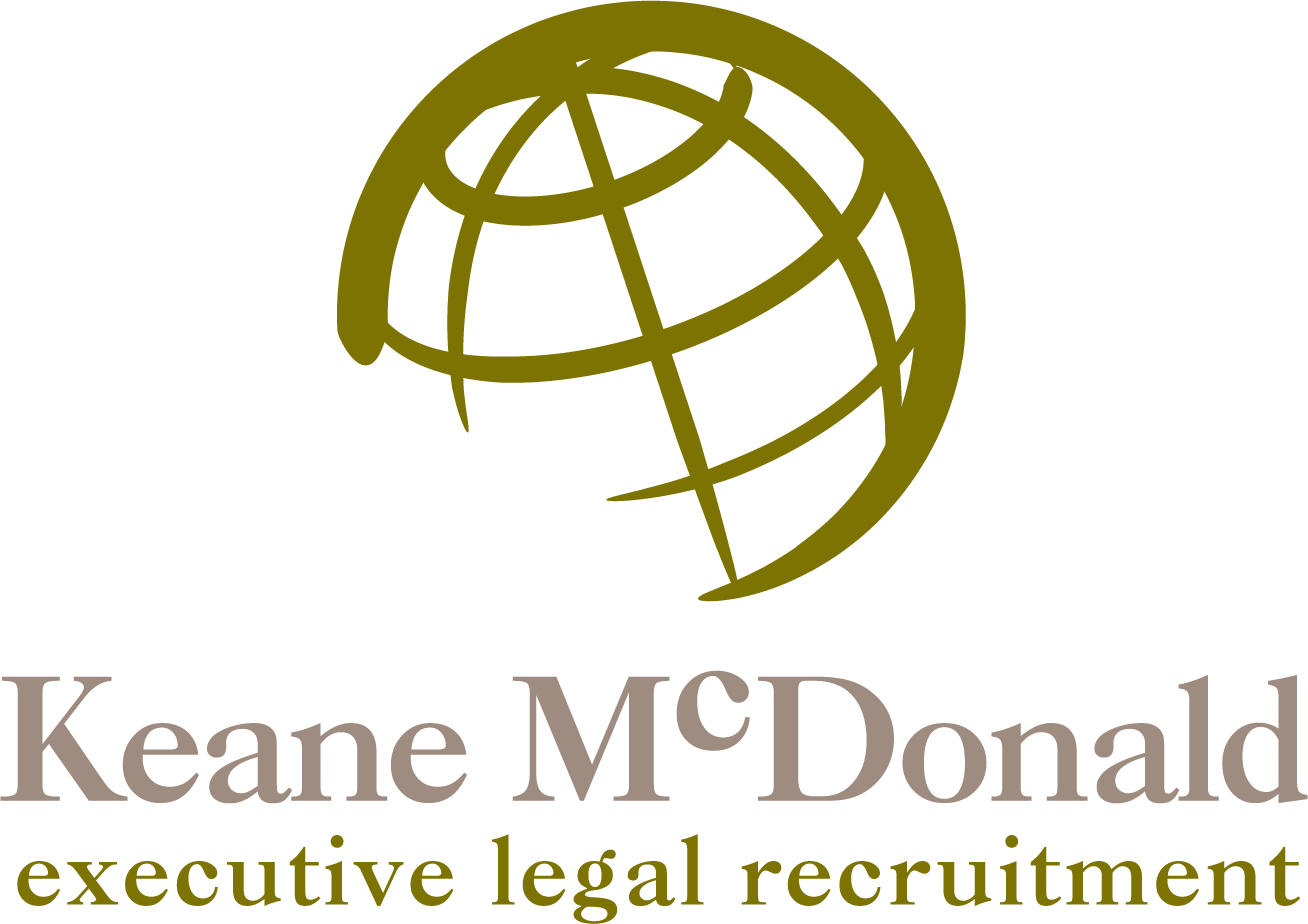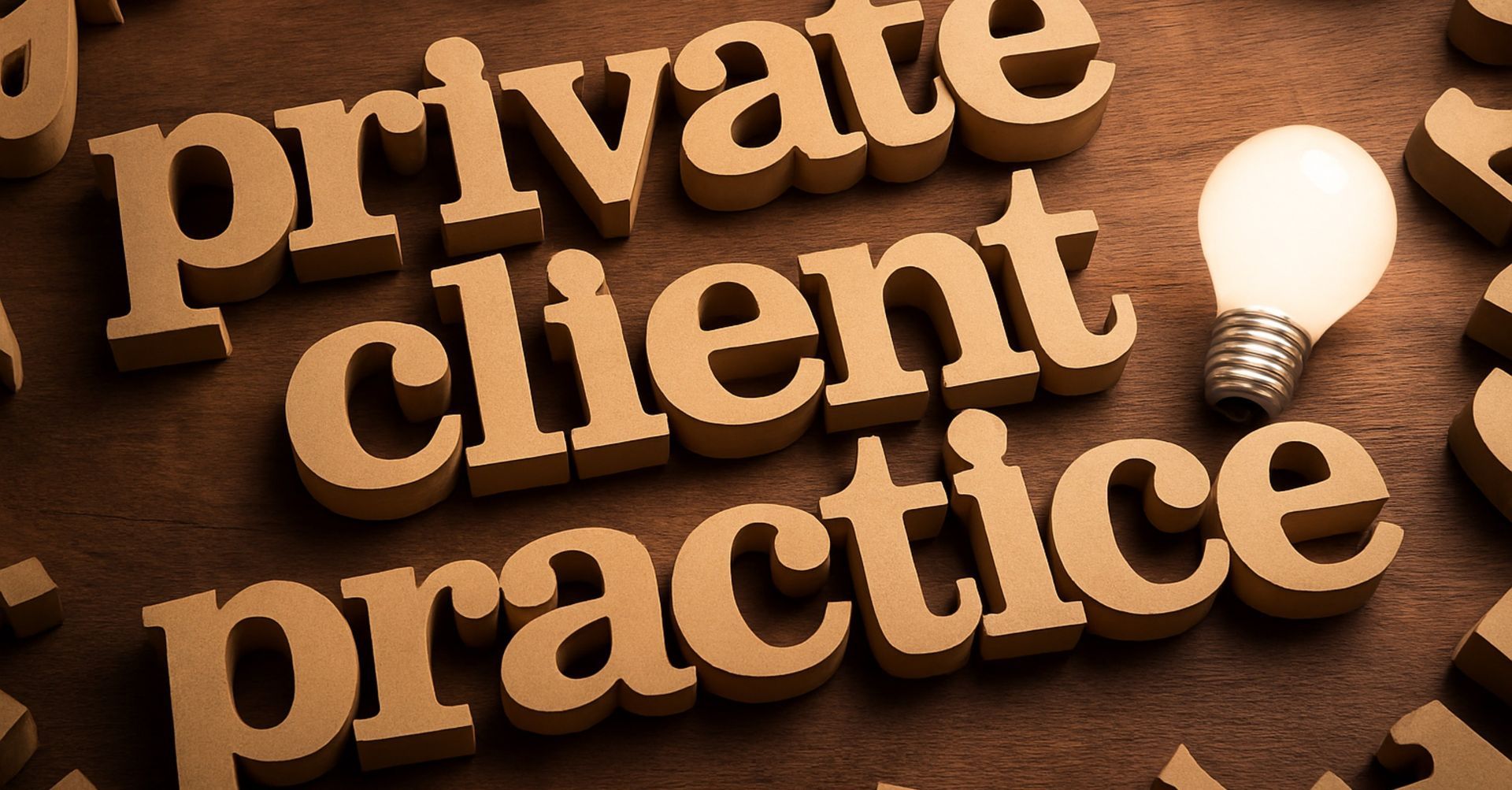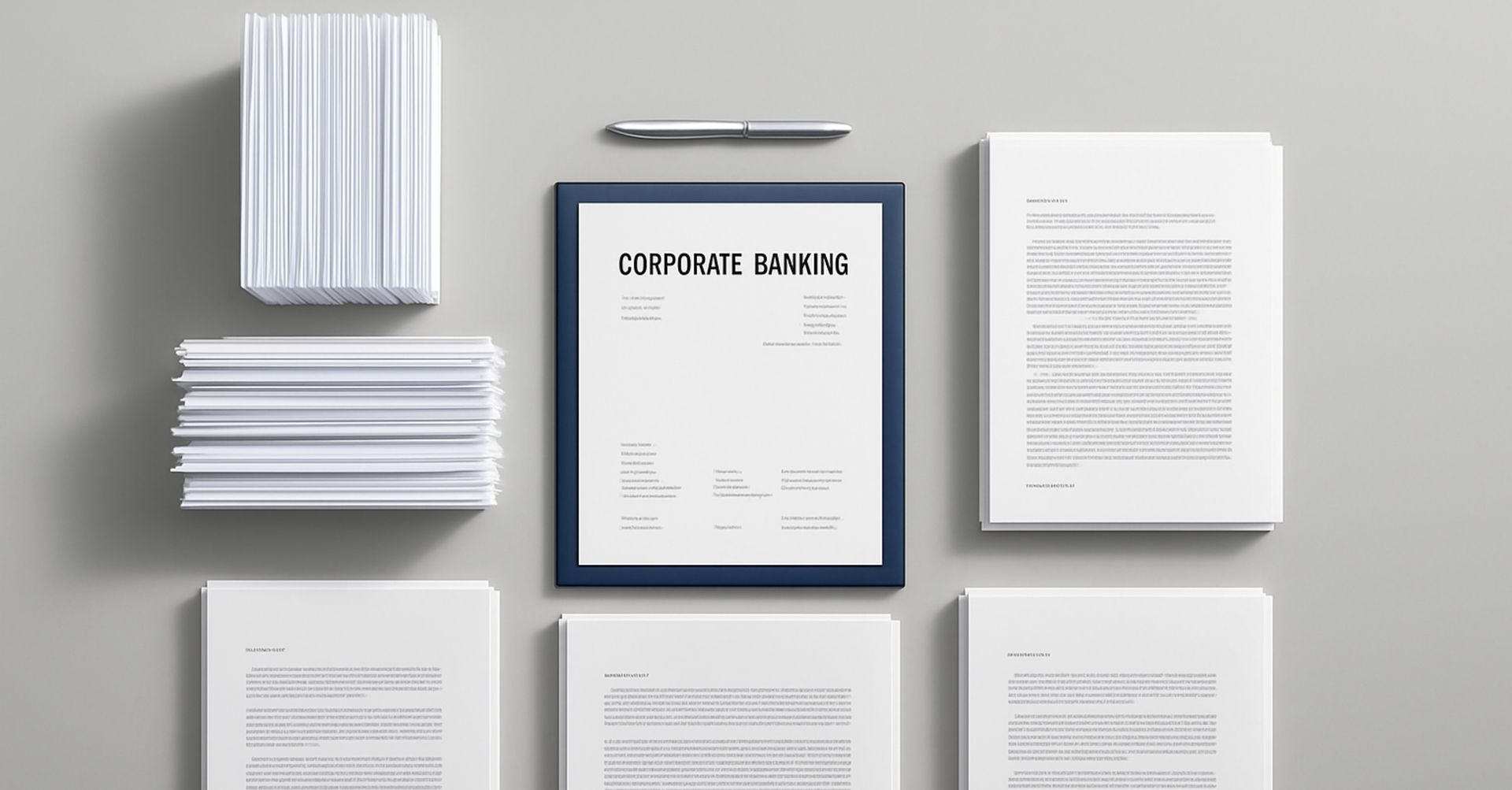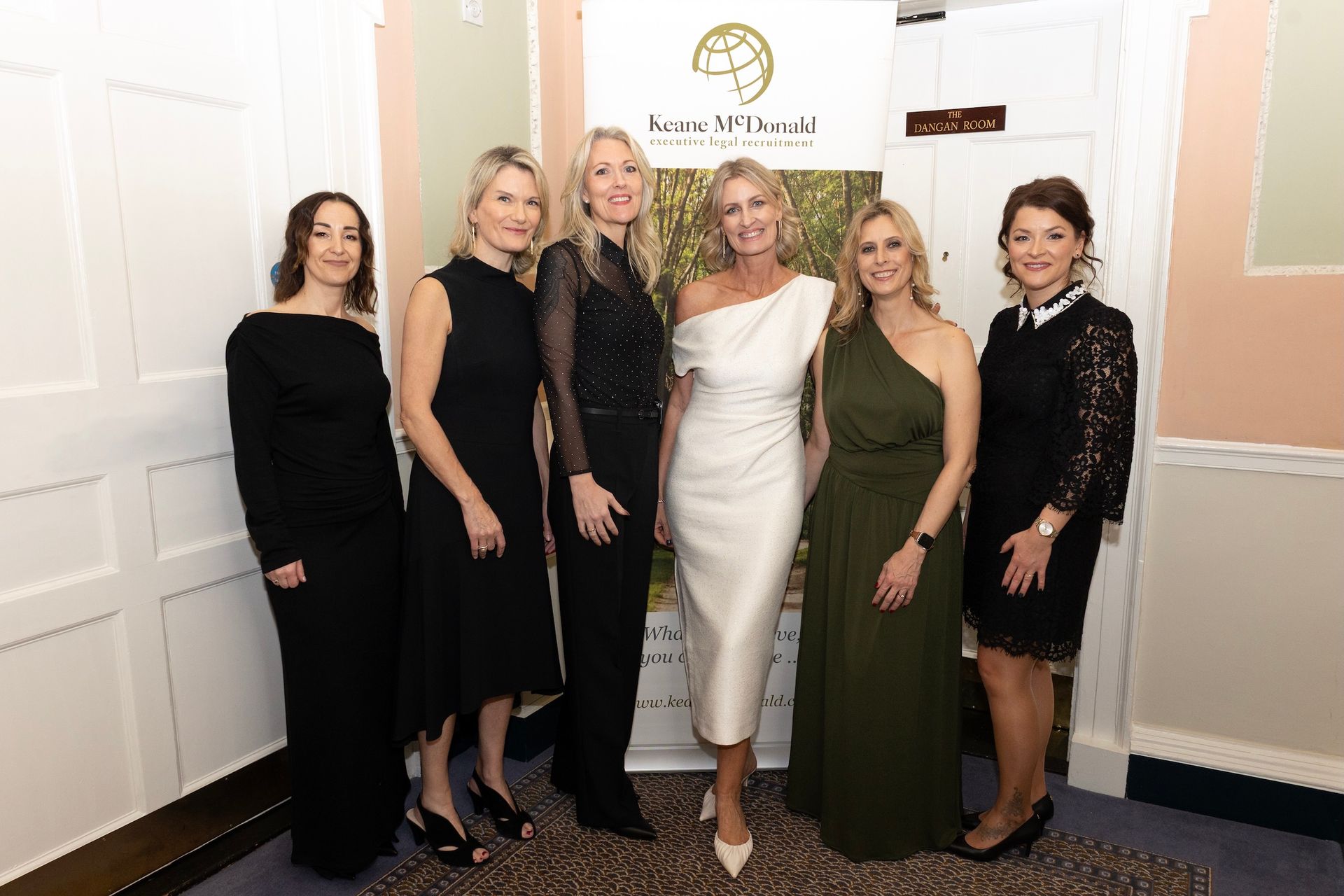Keane McDonald: A recruiter’s view on what young Irish lawyers really want
Yvonne Kelly • November 10, 2025
Celebrating 20 years in business, Keane McDonald places legal talent at every level in the Irish market, both in private practice and in-house. It has a well-established reputation for excellence, delivering a discreet, professional service to clients and candidates.
So, how does one of Dublin’s leading legal recruitment specialists perceive the local market and what advice do they offer to the city’s law firms?
Mia Barry, the firm’s longstanding commercial director, suggests that her role is “all about relationships, building trust, and deepening market knowledge. To develop those relationships, you need a certain depth of experience and knowledge. Giving consultative advice through a partner process is complicated. It involves trusted information being shared which requires you to be very discreet and sensitive: working in an ethical manner around confidentiality is absolutely key.”
She points to the size of the Irish legal market. “Most people know of each other, especially at partner level. At associate level,
it can be different. Although an associate’s name might not be recognised, the firm where they trained and worked will be, so the interviewer will know whether they are likely to be a good fit.”
Competency-based interviews at law firms are rare, she notes. “They focus more on culture, ensuring an all-inclusive and healthy working environment. Employees are looked after, not just in terms of remuneration, but also wellbeing – employers have focused more on this in recent years.”
Money, she says, is always important. “New international entrants pay above market rate to secure their initial cohort of hires. This was very attractive to many lawyers whose firms had not perhaps kept up with annual salary increases.”
International firms bring transparency
Before the recent influx of international firms, she explains, the market was quite opaque. “There was little knowledge around what firms paid or how promotions happened,” she says. “Their arrival brought greater transparency around remuneration, benefits and career paths, which encouraged local firms to review their policies. We’ve noticed the pay gap closing with local firms now almost at par.”
Growing demand, she explains, has led firms to focus on “better benefits, including a stronger social aspect and a more
harmonious balance between work and home life. As salaries became better aligned, the focus shifted to employees’ well-being. It’s a key factor for most when considering a move.”
According to Barry, international firms have also brought transparency around career trajectory, delivering greater
clarity to how promotion works. “This more open culture has shed light on partner-level hires and promotions, although myriad different package structures still exist at a senior level,” she says. “From a talent shortage viewpoint, the slow-down in international firms entering the market is welcome: the pressure to hire talent has calmed and it feels more like business as usual. The focus now seems to be on consolidating and making new entrants profitable quickly.”
As soon as economic concerns arise, recruitment is one of the first areas affected, says Barry. “We’ve not experienced any significant change in law firms’ hiring appetite. However, some US companies issued hiring freezes this year on the in-house side. Many firms talk about cautious optimism; certainly not negative. Candidates are very happy to move – there’s a nice rhythm.”
She points to “a continued steady demand” for legal talent across most practice areas. “It feels stable,” she says. “Partners probably notice fewer calls from headhunters as the market takes a breather. The landscape will become more competitive with less opportunities, but we also see continued growth in many firms and anticipate more mergers next year.”
Precious associates
Although firms are recruiting, she confirms the slow-down. “The feeding frenzy for associates
has calmed,” says Barry. “They are more selective, ensuring candidates tick all their boxes. There’s less turnover at associate level due to recalibrated salary levels and the focus on employees: lawyers are well looked after; associates are precious.
“Every firm, domestic and international, says they are growing – but in a more measured way. Some international firms continue to expand quite rapidly, but most take their time, assessing people carefully before committing to hire. The focus has shifted from new entrants to ‘strength in numbers’ and we’ve seen the Top Six continue to hire in growth areas.”
In a relatively small legal market like Dublin, it can be difficult to recruit at a senior level because people are more concerned about confidentiality. Barry suggests that Dublin law firms are open to hiring from overseas, which is confirmed by several firms which have recruited from Australia, Canada, New Zealand and South Africa in recent years.
But there is little appetite to go through a visa process, notes Barry. “They would rather wait for the right hire locally. Local market experience is often essential which can prove difficult, especially for more senior lawyers based abroad.”
Which recruitment areas are hot? “It’s easier to say which aren’t hot,” she says. “We’ve recruited for nearly every practice area this year, although technology and corporate are quieter. Litigation continues to specialise more: we see a focus on IP litigation, as well as regulatory and technology disputes.”
So, what can law firms do to make themselves more appealing to young lawyers?
They are improving, says Barry, but “there’s still some work to be done – at all levels. Some firms have transparent steps to follow while others have less clarity. Candidates prefer transparency.
“Prior to interview, firms that share slick presentation packs with them stand out: it shows they take the process seriously and that the candidate is important. When hiring, firms that are highly responsive, communicative and willing to share valuable information are in a much stronger position.”
What sells best
A strong identity and reputation also matter. “Brand is important,” says Barry. “Some candidates prefer well-recognised, longstanding local firms. They’re often considered safe and reliable, while others prefer big international brands. Often, it comes down to personal choice, experience or ‘word on the street’. It takes more than a strong brand to sway someone’s preference. An excellent working culture and environment is as high on a potential employee’s list as the brand.
“As well as focusing on employee wellbeing, Irish firms have increased the benefits on offer (maternity and paternity leave, the option to work overseas, wellbeing days etc.) and there’s an increased focus on culture and hybrid working arrangements. They’ve looked at what helps people perform better while enjoying where they work – it’s a more rounded environment.”
And new offices? “Fancy, shiny offices are great, but if the culture isn’t in sync, that spreads like wildfire, especially in such a small market. Everybody tends to know each other, so a good culture is key to retaining and hiring staff, especially at the junior level.
“Gone are the days of cloak-and-dagger cultures, where you have to second guess your value, work all hours and just hope for the best. Law firms had to evolve, tweaking their environment to become more attractive or risk losing staff. Retaining good staff is much better than having to hire replacements.”
In terms of culture, transparency and communication are the key imperatives, according to Barry. “Firms that communicate well – internally, externally, to us, to candidates, to the market – and aren’t afraid of showing what they do and how they do it, what good and bad looks like, and are honest and open. That’s what sells. That’s the environment people want to be in.”



